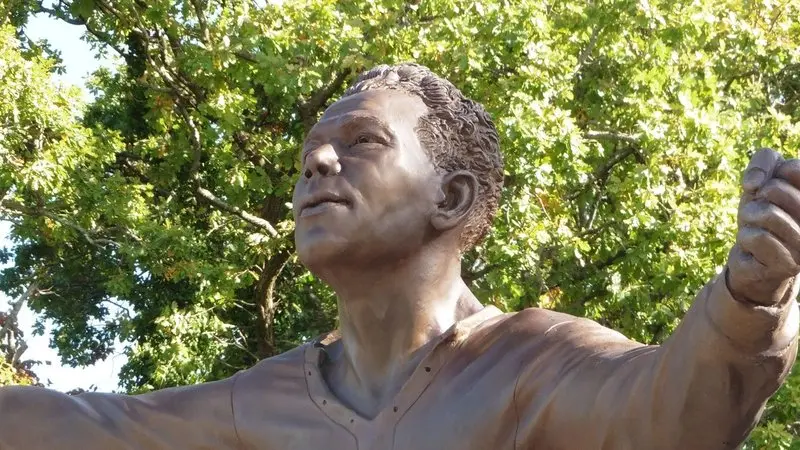Consultants and junior doctors are holding a combined four day strike at the Royal Devon NHS Trust from 7am on Tuesday 19 September.
Consultants are on strike from 7am on Tuesday 19 September to 7am on Thursday 21 September and junior doctors are on strike from 7am on Wednesday 20 September to 7am on Saturday 23 September.
This is the first time consultants and junior doctors have taken strike action together and will affect almost all planned care.
The industrial action is part of an ongoing national dispute between the government and health service unions about pay and employment conditions and is now in its tenth month.
More more than 885,000 inpatient and outpatient appointments have so far been rescheduled.
The strikes are taking place during a government consultation on its plans to impose new regulations which would allow employers to compel doctors and nurses to work during industrial action under threat of dismissal.
Consultants and junior doctors are again expected to strike from 2 to 4 October, alongside members of the Royal College of Radiographers.

The British Medical Association (BMA), the professional association and trade union that represents UK doctors, is seeking a settlement for doctors in England that is similar to the agreement reached in Scotland for junior doctors.
It said: “Strikes could be avoided if the government was to present us with a credible offer that we could put to our members.
“It is essential that we can reach agreement, not only to bring an end to the current dispute and prevent further strike action as we head into winter but to ensure that the NHS can recruit and retain the highly experienced staff that it needs.”
NHS advice is to attend planned appointments during the strikes as normal unless you have been informed otherwise, and to refrain from calling to confirm your appointment is taking place.
Dr Nigel Acheson, Chief Medical Officer for NHS Devon, said: “Teams across the NHS in Devon are doing their best to prepare for the upcoming industrial action but these strikes are set to be the most difficult yet in terms of impact on the day-to-day running of our services and on patients.
He added: “People suffering a life-threatening emergency should not hesitate to contact 999 or attend one of our emergency departments.
“However, I ask everyone else to carefully consider which service could help them best during the strike periods. 111 online is available for advice and your own GP or local pharmacy will be able to provide a range of other care.”










